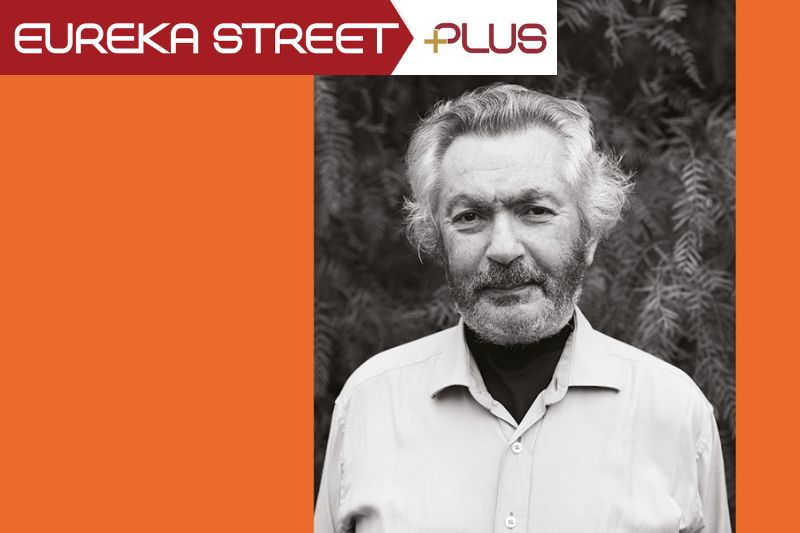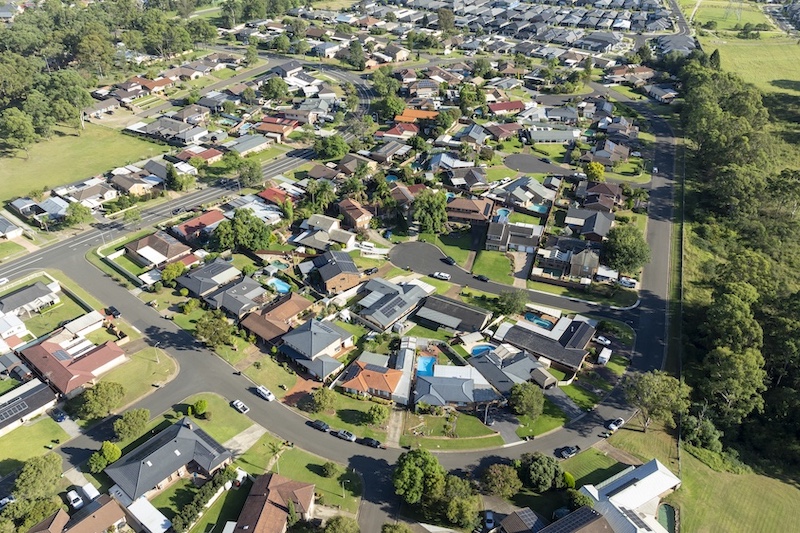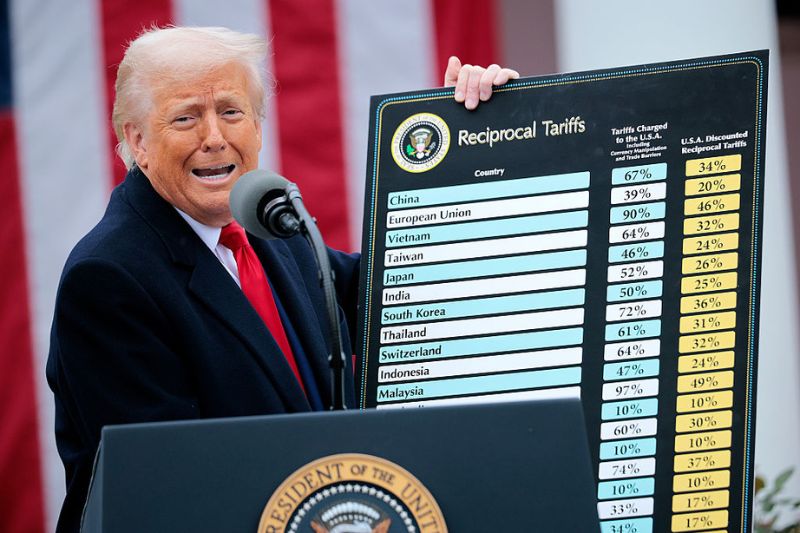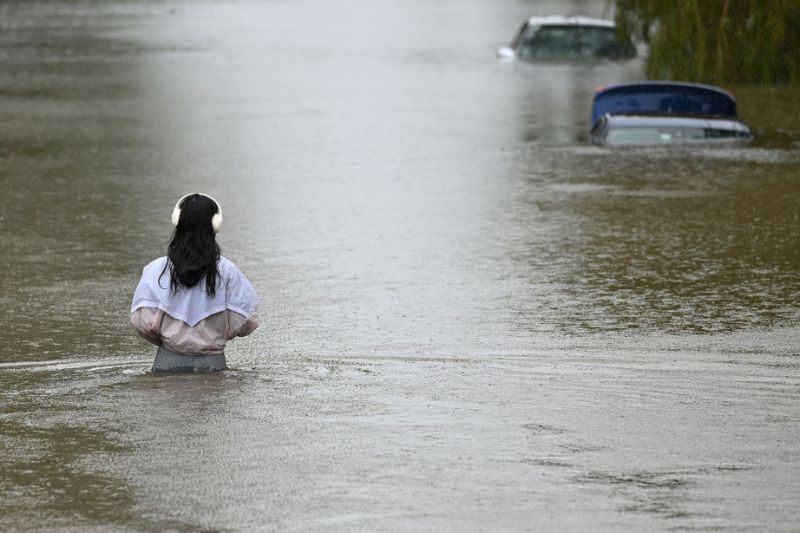Keywords: Business
There are more than 24 results, only the first 24 are displayed here.
Become a subscriber for more search results.
-

AUSTRALIA
The 2025 election marked a pause in Australia’s political life. As old policy narratives falter, we have an opportunity to ask ourselves: what kind of society are we trying to build? Across faiths and traditions, the idea of the common good offers a path forward beyond division and drift.
READ MORE
-

AUSTRALIA
- Max Jeganathan
- 07 May 2025
In the wake of an unexpectedly decisive election, Australians rejected grievance politics from both right and left. What emerged instead was a quiet preference for stability, civility, and competence: qualities that don’t often headline campaigns, but this time shaped the outcome. In 2025, trumpery just didn’t cut it.
READ MORE
-

AUSTRALIA
As Donald Trump’s trade war upends decades of global economic orthodoxy, globalisation is quietly folding. Protectionism is back, self-sufficiency is in vogue, and Australia, thanks to its deindustrialised economy, largely escapes the fallout. But in a shifting world of tariffs and deficits, what comes next is anyone’s guess.
READ MORE
-

ARTS AND CULTURE
- Andrew Hamilton
- 02 May 2025
In an era of reflex opinion and vanishing accountability, moral seriousness can seem an anachronism. Yet history teaches that ideas — and the people who defend them — shape lives and nations.
READ MORE 
-

RELIGION
- John Warhurst
- 30 April 2025
Faith, once a quiet undercurrent in Australian elections, is now entangled in questions of ethnic identity, foreign policy and cultural grievance. Religion has returned to the centre of political life, only to find itself more divided, and more contested, than ever before.
READ MORE
-

AUSTRALIA
- Bronwen Clark
- 24 April 2025
As Australia moves through another federal election campaign, a quarter of a million new voters in the nation’s outer suburbs remain largely invisible in political discourse. These are not marginal communities in the cultural or economic sense; they are the nation’s most dynamic zones of growth, diversity, and aspiration.
READ MORE
-

AUSTRALIA
- Barry Gittins
- 10 April 2025
In cities that pride themselves on liveability, a quiet war is being waged against the homeless with urban design and tough bylaws. What appears as civic order is, in truth, a hardening of public conscience, where compassion gives way to concealment, and suffering is swept from view.
READ MORE
-

INTERNATIONAL
- Binoy Kampmark
- 08 April 2025
In a move as nostalgic as it is economically incoherent, Donald Trump’s proposed global tariff hike promises to punish the world’s poorest nations while claiming to revive America’s rusted-out industries. But the math is dubious, the logic muddled — and the unintended consequences, as ever, potentially vast.
READ MORE
-

AUSTRALIA
- Andrew Hamilton
- 02 April 2025
Countering a rise in youth crime with tough new bail laws will ensure community safety, but risks compounding the very crisis they aim to solve. As more children are placed in detention, the changes raise urgent questions about justice, policy failure, and the long-term social cost of prioritising punishment over prevention.
READ MORE
-

AUSTRALIA
- David Hayward
- 28 March 2025
Covid offered a rare chance to reimagine the role of the state. What might have become a pivot to care and collective responsibility became a bonanza for entrenched interests. The crisis passed. Inequality returned. And the deeper reckoning that beckoned was quietly deferred, perhaps indefinitely.
READ MORE 
-

INTERNATIONAL
- Binoy Kampmark
- 27 March 2025
Europe’s escalating defence spending, driven by the Russian threat, marks a shift toward militarisation. The EU’s new budget plan, designed to free up billions for weapons and security, raises critical questions about how far Europe will go in fortifying itself and the long-term impact on its stability.
READ MORE
-

AUSTRALIA
When Cyclone Alfred swept through Queensland, the damage was swift, but its most enduring effects are harder to see. As the clean-up began, a quieter crisis emerged: disrupted care, rising health risks, and a fragile health system ill-equipped to cope.
READ MORE